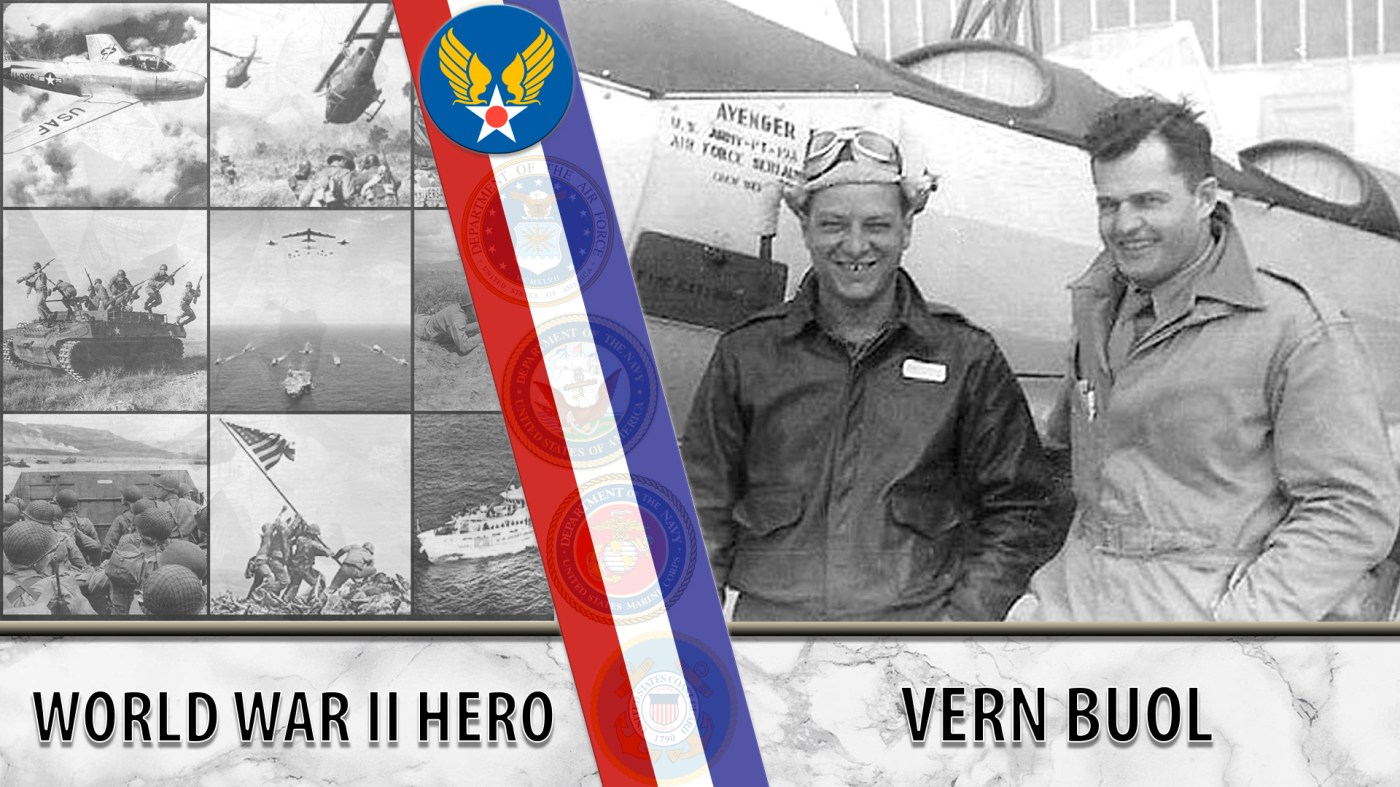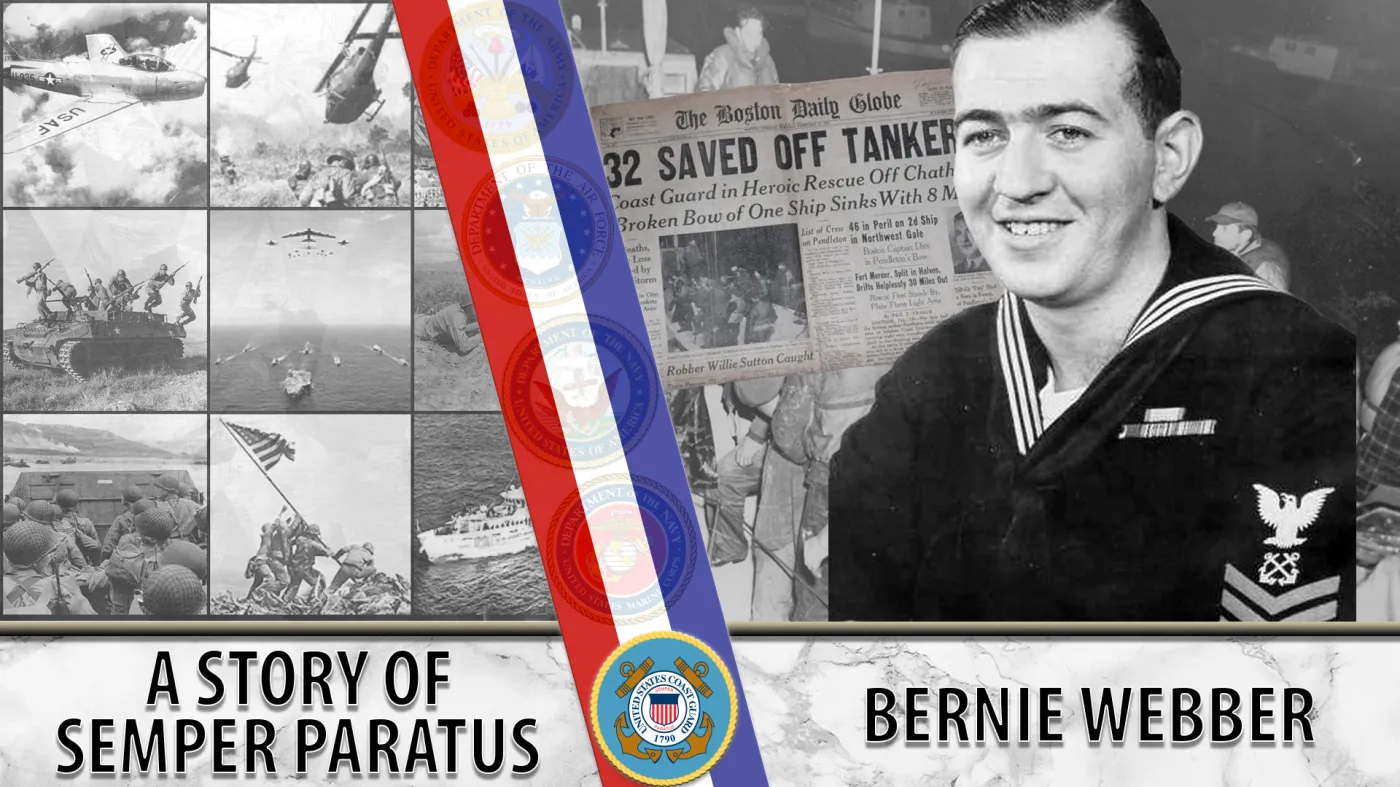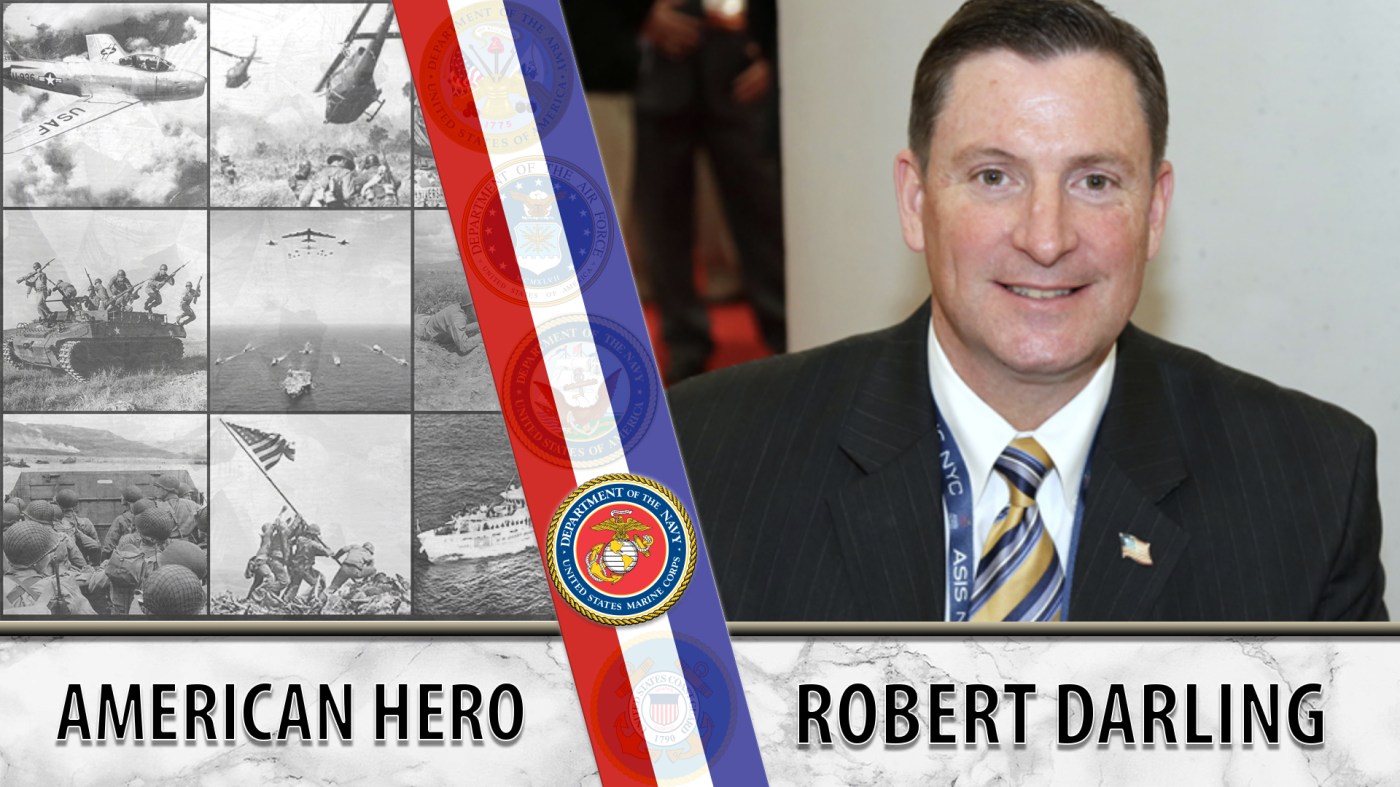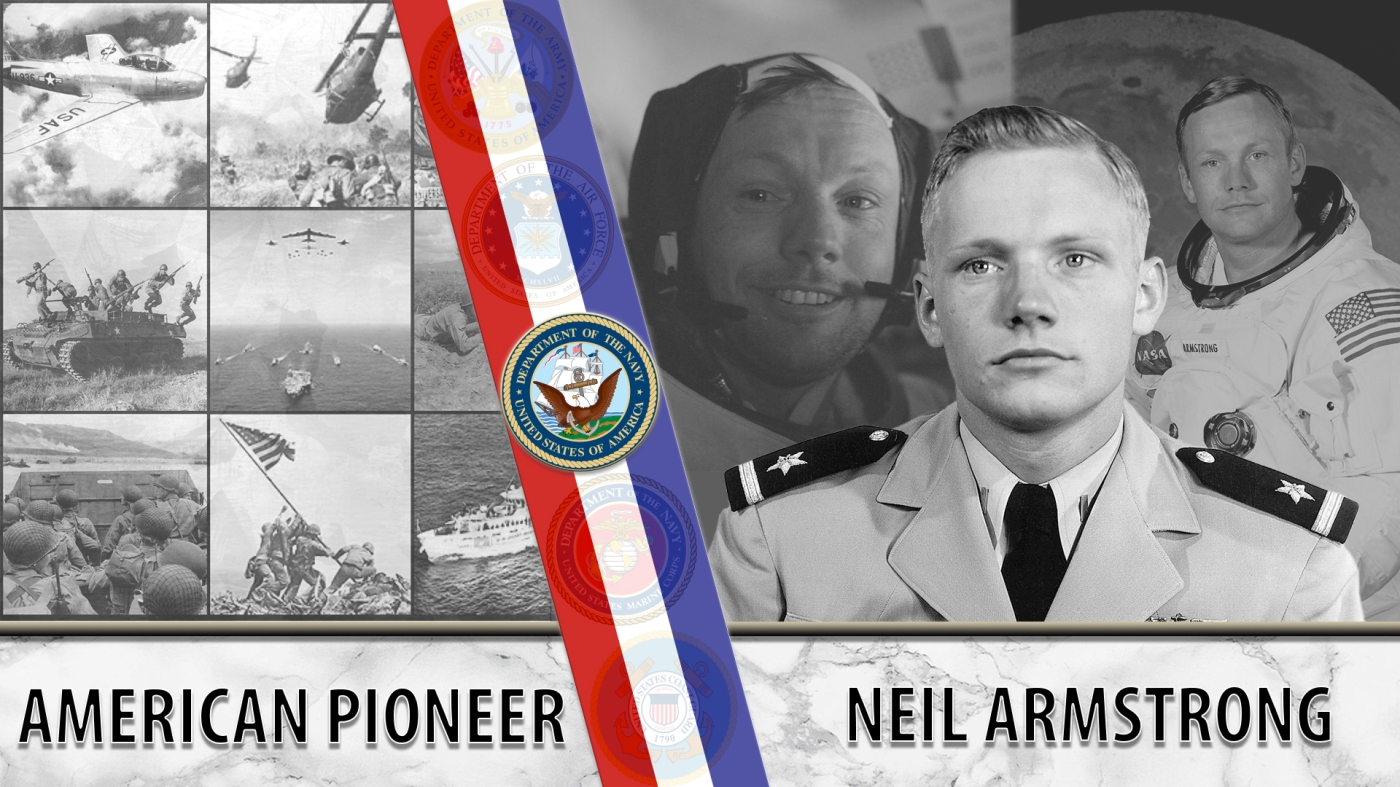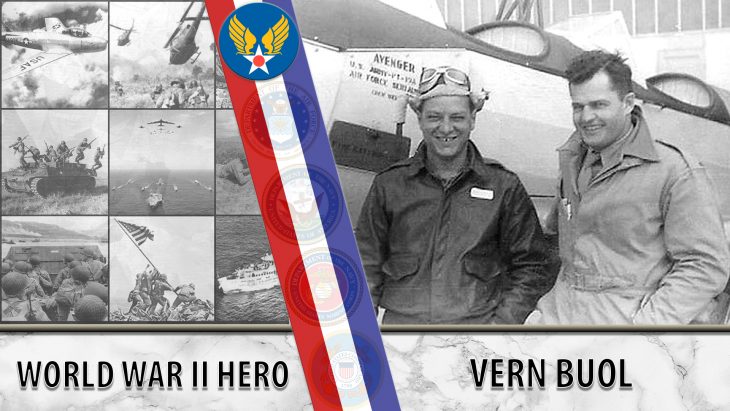
Vern Buol (L) served in the Army Air Corps in World II and later became a scout in the NFL for the Chicago Bears.
Vern Buol, who was born and raised in Chicago, was a diehard fan of the city’s storied National Football League franchise, the Chicago Bears. It was impossible to tear him away from his beloved team. He rooted for the Bears in the 1930s and 1940s, a period when they were a perennial power and won a series of NFL championships. Later, as a successful Chicago businessman who was involved in state and local politics, he came to know Bears owner and coach George Halas, a co-founder of the NFL.
Through his ties to Halas, Buol landed a dream role in the 1960s as a Bears scout. He also served as a “babysitter” of premier college talent at a time when the NFL and the upstart American Football League were battling for the best college players and trying to prevent them from jumping to the rival league. He babysat Dick Butkus, who the Bears drafted in 1965 and is today regarded as the greatest middle linebacker in NFL history, as well as Jim Grabowski, who the Green Bay Packers drafted in 1966. Grabowski rushed for nearly 2,000 yards in his career and earned two Super Bowl rings with the Packers.
Shot down in flight
More than 20 years prior, Buol was immersed in a battle with global implications. After enlisting in a World War II artillery unit, he transferred to the Army Air Corps. He failed to make it as a pilot but ended up becoming a navigator and a machine-gunner.
In September 1944, enemy fire struck his B-24 bomber in the Hungarian skies. He parachuted out and broke his ankle upon landing. In a recent interview, Buol’s oldest son, Jim Buol, described his father’s chaotic exit from the plane: “He never told me any of this, but a friend of his did. The story is they were about to bail out while going down, but one guy froze and wouldn’t jump. So my dad had to force him out of the plane, so he could jump. But in the interim, the plane lost a lot of altitude. When my dad landed, he broke his ankle.”
Thus began a terrifying chapter in Vern Buol’s life. He was captured by German soldiers and ended up in the notorious prisoner of war (POW) camp Stalag Luft IV in East Prussia, part of what is now Poland.
`Sickness, hunger, exhaustion’
A month after Buol’s plane went down, his mother, Violet Buol, wrote to the military asking for details on his whereabouts. Major General Nathan F. Twining, commander of the 15th Air Force division, shared what little he knew: “Unfortunately, the extent of our knowledge is that Vernon’s ship was damaged by flak and as a result is believed to have gone down in the vicinity of Lake Balaton, Hungary. Eight parachutes left the craft during the few moments it remained within the field of vision. I am genuinely proud to have had Vernon in my command. It is inspiring to know that men of his caliber are carrying [on] the battle to preserve the principles of freedom and equality upon which our nation is founded.”
While in captivity, Buol was ordered to take part in the “Black March,” which referred to a series of German-led marches mainly to the west that began in February 1945. Some 6,000 Americans were on those marches, many of whom died of sickness, hunger, and exhaustion. Others were killed by their guards. The Germans refused to tolerate anyone who fell out of line. “I was told there was a particularly sadistic guard who had a boxer,” Jim Buol said. “Those dogs were trained to attack anything out of the ordinary. The guards walked that boxer next to my father and made sure it would bite him every once in a while.”
Justin Buol, a theologian and historian with the same Swedish-German lineage as Vern Buol, documented his harrowing journey in a history book about the Buol name: “His POW record reports that he was marched to the concentration camp at Wöbbelin Bei Ludwigslust [in Germany], a distance of some 200 miles or more. From Wöbbelin, he was then sent another 100 miles to Usedom Bei Swinemünde, an island along the coast of the Baltic Sea. Usedom [and an associated concentration camp] was taken by the Soviets on May 5, and Vernon was returned to American custody on June 8.”
Prestigious honors
For his bravery and service, Buol earned prestigious military honors including the Air Medal, which is awarded for acts of heroism or meritorious achievement in military flight; the Silver Star, which is one of the military’s highest personal decorations for valor in combat; and the Purple Heart, which is presented to a service member who is killed or wounded in combat or as a POW. He died in 1980 at age 62.
In his professional life, Buol was the vice president of High Grade Food Products, a large business in Chicago that made Ball Park Franks and the German sausage Bratwurst, among other products. He grew in prominence by actively supporting candidates in state and local politics and crossed paths with people in the Bears’ front office, namely George Halas, and his son, team president George Halas, Jr. Buol also became close friends with the Bears’ defensive coordinator and head talent scout at the time, George Allen, who is today in the Pro Football Hall of Fame for his remarkable achievements as an NFL head coach.
“He got a relationship in place by making himself available in his desire to become more involved with the Chicago Bears,” Jim Buol said. “He was an avid fan forever.”
Graphics: Michelle Cannon
Topics in this story
More Stories
Bernie Webber led one of the greatest Coast Guard rescues in history that was later chronicled in the book and movie, “The Finest Hours.”
As the events of 9/11 unfolded, Marine Veteran Robert Darling served as a liaison between the Pentagon and Vice President Dick Cheney in the underground bunker at the White House.
NASA astronaut Neil Armstrong was the first person to walk on the moon. He was also a seasoned Naval aviator.

